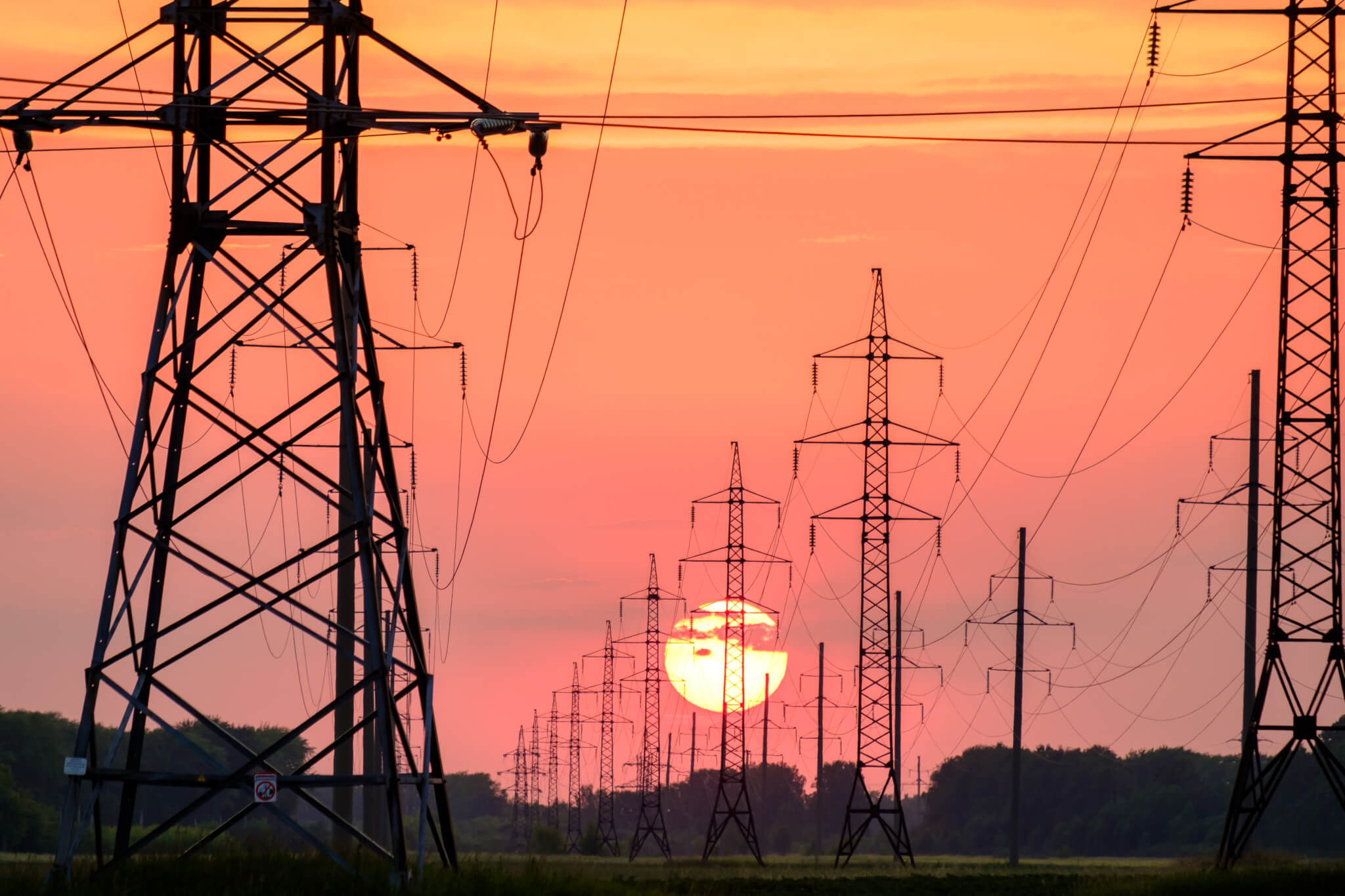
Photo by Andrey Metelev on Unsplash
by Charlie Paullin, Virginia Mercury
Data centers are knocking on Virginia’s door. Electric vehicles are becoming more prevalent. Both have high needs for electricity.
As concerns over the electric grid’s ability to meet those demands increase, Dominion Energy is proposing to expand a program intended to incentivize customers to shift when they use electricity to lessen the load on the grid and cut down on their bills at the same time.
Dominion is asking the State Corporation Commission to double the number of customers who can enroll in its time-of-use (TOU) program, which the utility launched in 2020 and which hit a regulatory cap of 10,000 signups on Jan. 4, 2022.
Expansion, Dominion is arguing, “will allow additional customers to save money and reduce energy consumption.” The utility also says enrolling more customers will provide the data needed to eventually design a time-of-use program that would be available to its entire Virginia customer base.
Dominion’s TOU program offers participants different rates depending on time of year and time of day. During the summertime and wintertime, days are divided into three different periods: on-peak hours, which generally occur during and around the work day, when electricity use is high; off-peak hours, when demand is slightly less, in the early morning and evening in the summer and from 5 a.m. to 6 a.m., 9 a.m. to 5 p.m. and 8 p.m. to 12 a.m. in the winter; and super-off-peak hours, when demand is at its lowest from 12 a.m. to 5 a.m.
In the summer, rates drop from 13 cents per kilowatt-hour during on-peak times to 1.6 cents during off-peak hours and .02 cents during super-off-peak periods. In the winter, rates are 10 cents per kilowatt-hour for on-peak times, 2.8 cents for off-peak and 2.4 cents for super-off-peak.
On average, a report done by DNV Energy Insights on behalf of Dominion calculated participants saved about $17 a year on their bill.
Virginia’s Office of the Attorney General, which advocates for utility ratepayers, is supporting the proposal but also calling for some changes to the program to ensure it provides customers sufficient benefits.
The program has reduced electric load during peak hours by 9.4% in the summer and 2.9% in the winter, the office noted, pointing to the DNV Energy Insights report.
“If a similar reduction can be achieved at full scale, this would result in substantial peak-load reductions in terms of megawatts of capacity,” wrote Assistant Attorney General Mitch Burton Jr. in a filing. Furthermore, he noted, those potential reductions were the rationale for Dominion’s recent major investments in smart meters and a customer information platform — “and the sooner these benefits can be tapped into, the better.”
But the attorney general’s office also noted the DNV report found some participants saved money on their bills without shifting their energy usage, and some “high-baseline users,” those who have to adjust the timing of their energy consumption to avoid bill increases, aren’t seeing the savings needed to incentivize their participation.
“It is unlikely that high-baseline customers would sign up for, or continue participation,” Burton wrote, thereby making the program “unsustainable” as “those customers with the greatest potential for load shifting abstain.”
Several recommendations in the DNV report detail ways Dominion could achieve greater savings for participating customers, including increasing communication about how the program works and providing smart thermostats to lower-income customers.
“Because [participants] indicate they desire a minimum of effort to realize savings, smart thermostats with algorithms that account for peak hours are the most accessible technology to achieve this goal,” the report states.
Dominion spokesperson Jeremy Slayton said in an email that in addition to providing participants a monthly bill comparison to previous rates, the company mails a reminder magnet with the different on- and off-peak times, sends monthly emails and has information on its website.
“The key to achieving savings on a time-of-use rate is to shift the usage of high-energy appliances (washer/ dryer, dishwasher, etc.) to off peak hours,” Slayton said.
Dominion’s proposal to expand its TOU program comes as the utility projects it will need to build more natural gas facilities, delay retirement of fossil fuel plants and add small modular nuclear reactors to its fleet to meet higher demand from data centers and electric vehicles.
Separately, the company has noted in a recent vehicle electrification plan that TOU programs can help “mitigate the cost and congestion effects” that could result from increasing pressure on the grid due to EV charging.
Kim Jemaine, director at Advanced Energy United, an industry association representing renewable energy businesses, said the lRP didn’t take into consideration efforts like the TOU program that focus on reducing demand for energy.
Such programs “allow utilities to balance supply and demand costs effectively by focusing on the demand, rather than supply, side of the equation,” Jemaine said in a text message.
Virginia Mercury is part of States Newsroom, a network of news bureaus supported by grants and a coalition of donors as a 501c(3) public charity. Virginia Mercury maintains editorial independence. Contact Editor Sarah Vogelsong for questions: [email protected]. Follow Virginia Mercury on Facebook and Twitter.

Here’s everything you need to know about this month’s Mercury retrograde
Does everything in your life feel a little more chaotic than usual? Or do you feel like misunderstandings are cropping up more frequently than they...

VIDEO: Check out Dogwood’s new merch line
Big news, Virginia! We've officially launched our Dogwood merch line 🎉 This year, we celebrate 5 years of bringing you Virginia news you can use....

VIDEO: Your support matters!
Your support matters! Donate today. @vadogwoodnews Your support matters! Visit our link in bio to donate today. #virginianews #virginia #community...

Op-Ed: Virginia’s new Democratic majorities pass key bills to improve your lives, but will Youngkin sign them?
The 2024 Virginia General Assembly regular session has wrapped up. It was a peculiar session from the outset, with Democratic majorities in the...

From the state rock to the state flower, here’s how Virginia got its symbols
Have you ever wondered why the Dogwood is the state flower? Or how the cardinal became the state bird? We’re here to answer those questions and more...

VIDEO: Second-gentleman Douglas Emhoff gives speech on reproductive freedom
Second gentleman, Douglas Emhoff touched on reproductive freedom not only being a woman's issue but "an everyone's issue" during the Biden-Harris...





